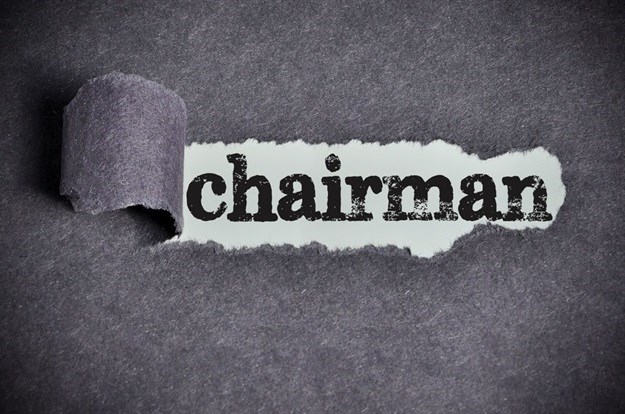
Subscribe & Follow
#AfricaMonth
In the news
What power does a chairperson hold in a disciplinary appeal?

In the Marina Opperman v CCMA and Others (17 August 2016) case, Opperman - a professional nurse - went to work one morning and was randomly required to take a breathalyser. She tested positive for alcohol. After the disciplinary hearing, she was found guilty and was given a sanction of a severe warning valid for 12 months as prescribed in the employer’s disciplinary code. Opperman lodged an internal appeal on the basis that the sanction was too harsh. The appeal chairperson substituted the disciplinary sanction with that of dismissal. Aggrieved by this sanction, Opperman referred the dispute to the CCMA which upheld the sanction of dismissal but ordered three months’ compensation as it found the dismissal substantively fair but procedurally unfair. Opperman brought a review application to the Labour Court to review and set aside the CCMA award.
The question before the Labour Court was whether it was permissible for the appeal chairperson to impose a more severe sanction. In dealing with this question, the court considered the decision in Rennies Distribution Services (Pty) Ltd v Bierman N.O (2008) which laid down the following principles: it would be unfair to allow a chairperson of an appeal hearing to increase a disciplinary sanction except where the disciplinary code expressly allows for such powers; the affected employee should be warned that the chairperson may increase the sanction and must be afforded an opportunity to present argument as to why the sanction must not be increased.
However, these principles do not suggest that a disciplinary hearing must be conducted as a criminal trial as was held in Avril Elizabeth Home for the Mentally Handicapped v CCMA & Others (2006). What is important is that the rationale underlying the reasons why a criminal court on appeal should caution the accused against a possible increasing sanction should be imported into our labour law. This is to ensure that the employee receives a fair hearing and takes into account the fact that the employee may be prejudiced by the imposition of a more severe sanction.
In applying the principles in the Rennies Distribution case, the Labour Court found that the employer’s disciplinary code did not expressly give the appeal chairperson powers to increase the sanction. In addition to this, the court held that Opperman was not afforded an opportunity to make submissions as to why a harsher penalty should not be imposed. The court found that the appeal chairperson therefore did not have powers to increase the disciplinary sanction under the circumstances.
Employers should ensure that the powers of an appeal chairperson expressly provide for the substitution of the disciplinary hearing sanction. This would afford employers greater flexibility to ensure the consistent application of discipline in the workplace. However, the affected employee must be warned of the possibility of a more severe sanction being imposed prior to proceeding with the appeal process and be afforded an opportunity to make submissions as to why the sanction should not be increased.
About Michael Yeates and Bheki Nhlapho
Michael Yeates and Bheki Nhlapho, Cliffe Dekker HofmeyrRelated
Do automatic termination clauses overrule fair dismissal procedure? 7 May 2025 Sanef appoints Makhudu Sefara as new chairperson 12 Feb 2025 Mister Sweet workers face disciplinary hearings for strike 20 Dec 2024 Dismissal disputes: Trust breakdown evidence not always required 7 Oct 2024 LAC deems subjective assessments 'unfair' in retrenchment process 25 Sep 2024 In sickness and in health: What can workers expect from their employer if they are too sick to work? 14 Aug 2024











